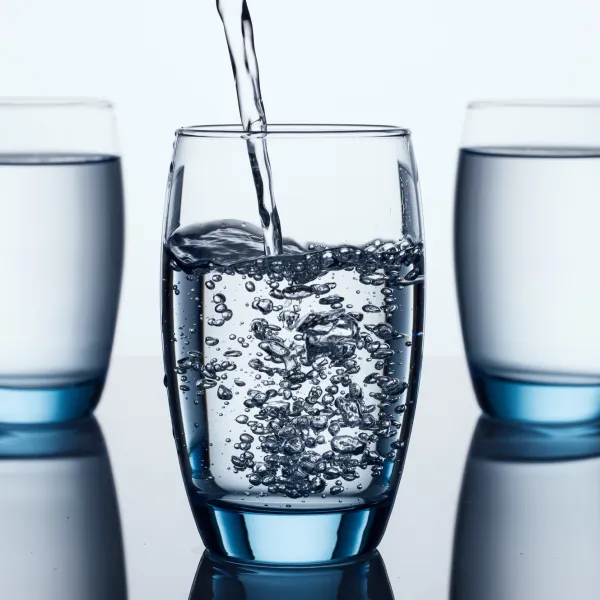
Why Homes in Shelton CT (Everywhere, Really) Need Water Treatment
There is no question that your home needs water that is healthy and safe to drink. And while the definition of high quality water may differ between different people, almost everybody agrees that the quality of the water that comes out of your tap is usually not up to most peoples' standards. We're going to make the argument that your home can almost always benefit from a water treatment system.
As a reference for anyone reading this page, we will use NSF (National Sanitation Foundation) as a baseline standard for quality assurance. This guide strives to inform you about what water treatment is and can do for you and your home. We will explain water treatment options, how they function, and also the advantages and disadvantages of each.
Ready to
GET IT FIXED?
Contact Us Now!

Evaluating Water Treatment Systems
Activated Carbon Water Filter Systems
Activated carbon water filters us (surprise!) activated carbon to remove contaminants in water. Contaminants are removed by bonding them to the activated carbon when the water passes through the filtration system. These are highly effective at eliminating:
- Chlorine
- Chloride
- VOCs
- Nitrate
- Lithium
- Phosphate
- Microplastics
- Pesticides
- Herbicides
Carbon filters are also very effective at removing trihalomethanes (harmful chlorine byproducts) and other volatile organic compounds (VOCs).
Reverse Osmosis Filter Systems
RO filtration systems make use of a semipermeable membrane layer that allows water molecules to travel through while blocking the molecules that are harmful. Reverse osmosis typically removes many more types of impurities; than carbon filters. In addition to what carbon filters eliminate, RO systems additionally filter out:
- Viruses
- Germs
- Lead
There are some NSF-approved carbon filters designed to remove these contaminants as well. But many carbon filters do not.
Water Softeners
A water softener is another type of filtration system that removes minerals like magnesium and calcium that make the water "hard". Symptoms of hard water include clothes that are stiff after washing, dry, irritated skin and excessive soap scum buildup in showers and on faucets.

24/7
Availability

No surprise
costs at the end of a job

On-Time
Committed to on-time arrivals


